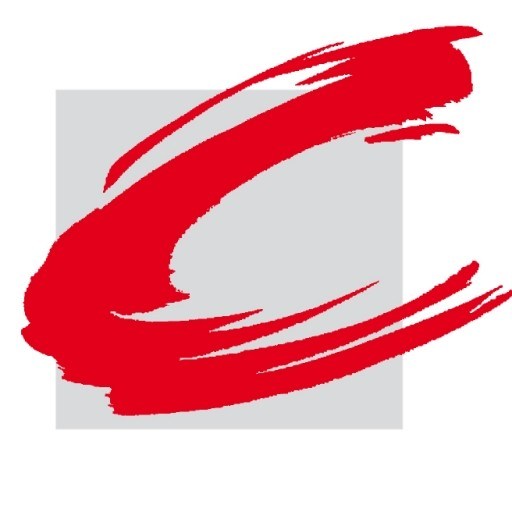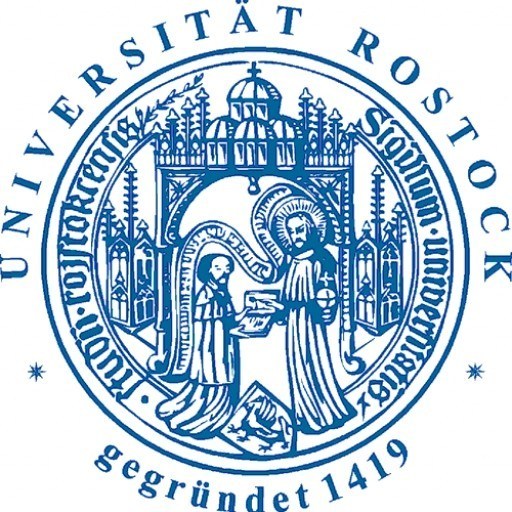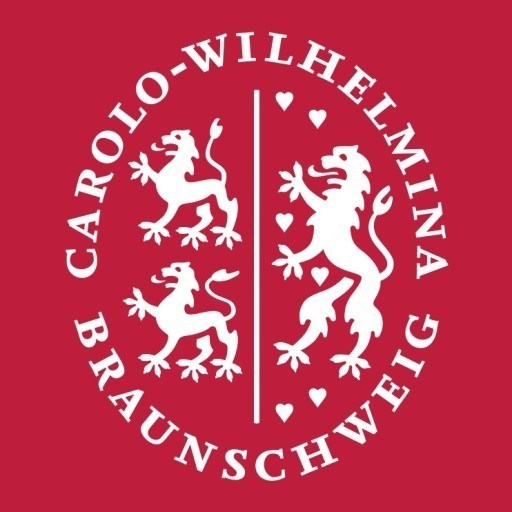The objectives of the course are the imparting of application-oriented, advanced process engineering and natural sciences, as well as the promotion of team-oriented work and intercultural competences. In Offenburg, the emphasis lies in the area of chemical, biological, and renewable energy conversion. The education in Olsztyn deepens knowledge in the areas of environmental techniques and bioanalytics. The lectures and seminars are accompanied and supplemented by extensive laboratory work and training in scientific work methods.
In accordance with personal interests, you can choose elective modules in the areas of biotechnical process engineering and renewable energy conversion. In this way, in addition to the compulsory modules, most of the important fields in process engineering are covered, namely, in the areas of chemical, environmental and bioengineering.
For more details, please check the Study and Examination Regulations (StuPO) for MPE. See: http://www.hs-offenburg.de/mpe
In accordance with personal interests, you can choose elective modules in the areas of biotechnical process engineering and renewable energy conversion. In this way, in addition to the compulsory modules, most of the important fields in process engineering are covered, namely, in the areas of chemical, environmental and bioengineering.
For more details, please check the Study and Examination Regulations (StuPO) for MPE. See: http://www.hs-offenburg.de/mpe
Educational organisation
In the winter semester, the curriculum of the Master's degree programme offers specialisation in either Biotechnical Processes (including Design of Fermenters, Fermentation and Fluid Mechanics) or Renewable Energy Conversion (including Biomass Combustion, Renewable Energies, Thermal Treatment and Sustainable Process Engineering). In addition, you will attend compulsory modules on Chemical Engineering, Water Processing, Process Control Engineering, Biotechnical Conversion Processes and Public Relations.During the summer semester at the University of Warmia and Mazury (UWM) in Olsztyn in Poland, students can choose between two modules: Environmental Science and Biotechnology (including Analytical Training, Biotechnology in Environmental Protection, Water and Wastewater Treatment, Toxicology, Techniques of Genetic Engineering) and Food Engineering (including Basics of Nutrition, Food Physics and Rheology, Technical Microbiology, Enzymology, Technological Equipment in Food Processing, Food Quality).
The degree programme will conclude with the Master's thesis, a complementary presentation and a final examination. The Master's thesis can be completed either at a university or a research facility, or at a research and development-oriented industrial company.
Study abroad unit(s)
The summer semester (March to June) in Olsztyn is an integral and compulsory part of the programme.Internships
None, but applicants are supposed to have some practical experience resulting either from an industrial internship completed during their Bachelor's programme or from a job.Forms of assessment
Written and/or oral exams, graded lab reports, reports following scientific excursions, seminar presentations, completion and defence of thesis. For details, see the Study and Examination Regulations (StuPO).Course objectives
The programme's objectives are to deepen students' technical knowledge and to strengthen their intercultural and interdisciplinary competence. The programme prepares graduates for executive positions in research and management worldwide.Language requirements
Applicants must provide proof of their English skills. English: TOEFL (minimum 550/79), IELTS (minimum 6.0) or comparable tests. Exemptions can be made if you can prove that your previous academic education was in English.Academic requirements
A first, job-qualifying degree of at least three and a half years of study, such as a Bachelor of Science or Bachelor of Engineering, is required.The programme is primarily directed at graduates of Bachelor's courses such as process, chemical, environmental, and biotechnical engineering, or comparable engineering programmes.
It is less suitable for biologists, chemists, agricultural engineers, etc., and not suitable at all for mechanical, electrical, civil engineers, and so on.
Enrolment fees
Service contribution and administration fee: 274 EUR per semesterCosts of living
Approx. 750 EUR per month to cover personal expenses. This includes accommodation at a cost of 250-350 EUR per month.Job opportunities
On-campus: A limited number of student assistant positions and tutoring jobs are available. Knowledge of English is usually sufficient for these positions.Off-campus: Students are allowed to hold off-campus jobs for a maximum of 20 hours per week during the lecture period and to work a maximum of 240 half days per year (according to regulations for foreign students requiring a visa). At least a basic knowledge of German is usually required for off-campus positions.
Funding opportunities within the university
Partial scholarships from various sources (DAAD, STIBET, among others) are available. Proposals and decisions will be made individually, depending on students' performance within the curriculum and social engagement outside of classes.Arrival support
In the International Student Barometer 2011, the largest survey of international students worldwide, Offenburg University was rated number one among German universities for its arrival assistance for international students.Before your arrival, we can arrange accommodation for you and put you in contact with a mentor ("Senior Buddy"). He/she will assist you in making preparations before you leave your home country, pick you up at the railway station, show you around, and help you on an individual basis during the first few weeks so that you can familiarise yourself with important aspects of life in Germany.
Each Master's degree programme of the Graduate School has a dedicated coordinator who will provide you with all necessary information for your studies in Offenburg. A preparatory German language course is offered in September. At the beginning of October, a special introduction day for international students is organised. Additionally, each programme has its own orientation weekend.
Offenburg is located about 200 km south of Frankfurt, Germany's main airport. There are hourly train connections to Offenburg throughout the day from the airport railway station; some are direct, and others involve one simple change of train.
Services and support for international students
The Graduate School's staff offers ongoing support throughout the programme:- extensive assistance in finding accommodation
- Senior Buddy system (personal mentor for the first few weeks)
- assistance with immigration services and authorities
- guided tours of Offenburg and Gengenbach
- individual support and advice by the coordinators of each programme
- individual academic advising
- German language course in September and ongoing language courses during the lecture period
- cultural and social programme (excursions, get-togethers, company visits, etc.)
- Senior Service (an initiative bringing together local senior citizens and international students)










